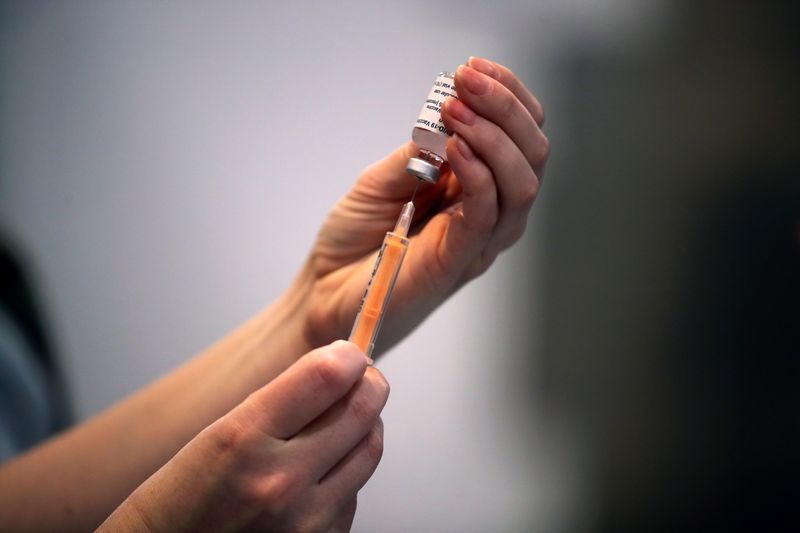Australian biopharmaceutical giant CSL Ltd (ASX: CSL) reported a rise in half-year net profit, driven primarily by robust performance in its blood plasma division.
The company’s CSL Behring unit, which focuses on plasma-derived therapies, experienced significant growth, particularly in immunoglobulin products.
This surge helped counterbalance challenges in other segments, notably a decline in flu vaccine sales within its Seqirus division, attributed to notably low immunization rates in key markets like the U.S.
The company posted a net profit after tax (NPAT) of $2.01 billion for the six months ended Dec. 31, up 7% on a constant currency basis.
CSL Behring, its largest division, saw total revenue climb 10%, with immunoglobulin (Ig) product sales jumping 15% due to rising patient demand.
Shares of the company rose as much as 1.3% to A$275.57 in early trade, but pared gains to trade flat as of 01:00 GMT.
“While the market conditions for CSL Seqirus remain challenging, influenza will continue to be a burden to public health systems. We believe our differentiated strategy is well placed to grow market share,” Chief Executive Paul McKenzie said in a statement.
The Seqirus division saw a 9% decline in revenue for the period.
Looking ahead, CSL reaffirmed its guidance for the fiscal year, anticipating double-digit growth in net profit after tax and amortization (NPATA).
The company projects NPATA to be in the range of approximately $3.2 billion to $3.3 billion, representing an expected increase of 10-13% at constant currency.
CSL declared an interim dividend of $1.30 per share, representing a 9% increase compared to last year.




